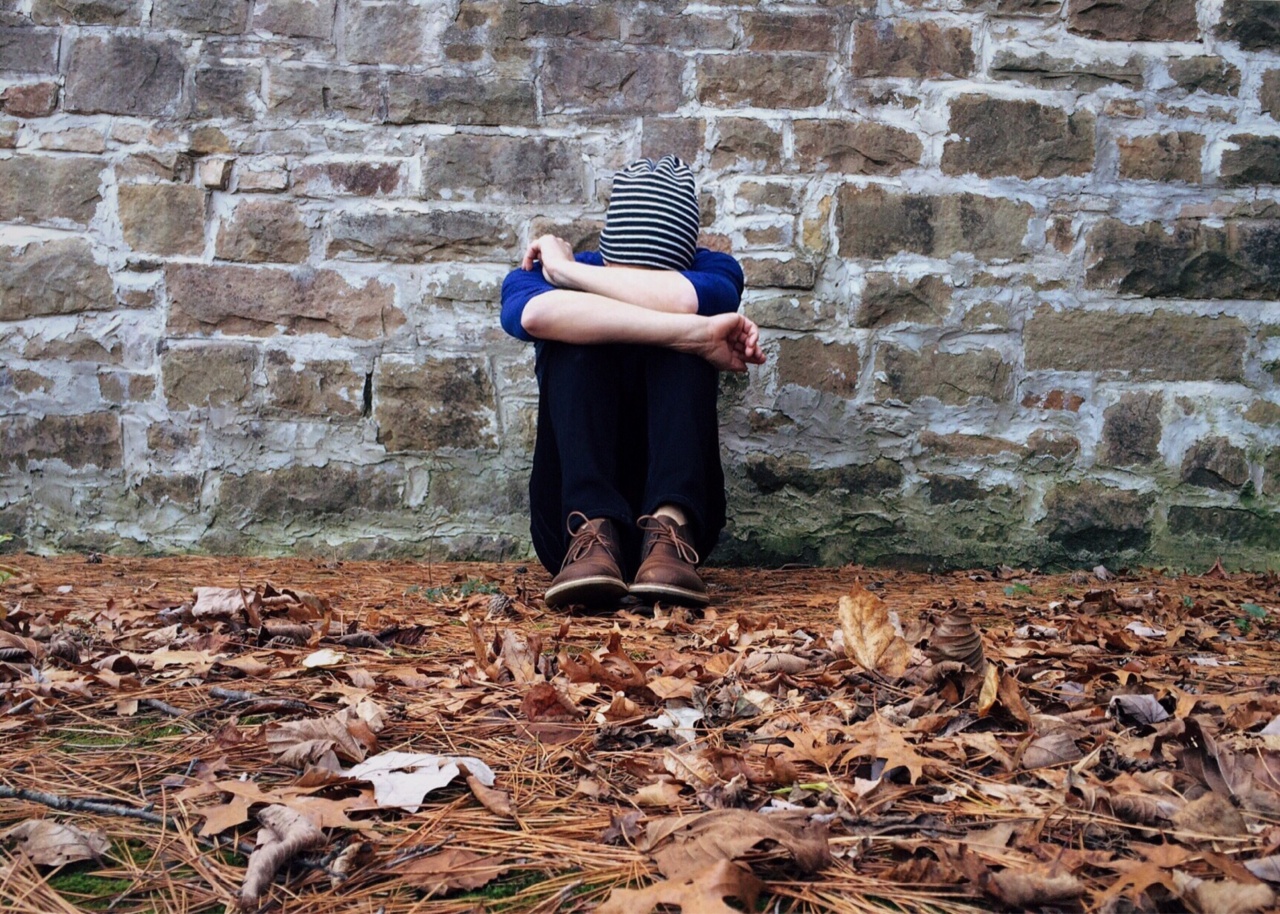Stress is a common and often unavoidable part of life. It affects each person differently, but its impact can be significant and far-reaching. One area where stress can have a profound effect is in falls, particularly among the elderly population.
Falls are a major health concern, often leading to serious injuries and a decline in overall well-being. Understanding the role of stress in falls is crucial in developing effective prevention strategies and improving the quality of life for individuals at risk.
Falls: A Growing Problem
Falls are a leading cause of injury and death among older adults. According to the Centers for Disease Control and Prevention (CDC), one in four Americans aged 65 and above falls each year.
Falls can result in fractures, traumatic brain injuries, and other serious medical conditions. The physical consequences of falls are well-documented, but the role of psychological factors, such as stress, is often overlooked.
The Stress-Fall Connection
Stress can have a profound impact on physical and mental health, and evidence suggests that it can increase the risk of falls in several ways:.
1. Impaired Balance and Coordination
Stress affects the body’s physiological response, including changes in muscle tension, increased heart rate, and altered breathing patterns. These physical responses can impair balance and coordination, increasing the likelihood of a fall.
2. Cognitive Impairment
Chronic stress can lead to cognitive impairment, affecting attention, memory, and decision-making abilities. This can make individuals more prone to errors in judgment or missteps that contribute to falls.
3. Sleep Disturbances
Stress often disrupts sleep patterns, leading to fatigue and decreased alertness. Lack of adequate rest can contribute to falls by impairing balance, reaction time, and overall physical function.
4. Muscle Weakness
When faced with stress, the body releases stress hormones such as cortisol. Prolonged activation of the stress response can lead to muscle breakdown and weakness. Weakened muscles can compromise overall stability and increase the likelihood of falls.
5. Increased Fall Risk Behaviors
Stress can trigger or exacerbate certain behaviors that increase the risk of falls. For example, individuals under stress may engage in excessive alcohol or medication use, which can impair balance and coordination.
They may also avoid physical activity and social interactions, leading to decreased muscle strength and balance control.
Preventing Falls through Stress Management
Recognizing the impact of stress on falls is essential for developing comprehensive fall prevention strategies. Incorporating stress management techniques can help reduce fall risk and improve overall well-being.
1. Exercise and Physical Activity
Regular exercise has numerous physical and mental health benefits, including stress reduction. Engaging in activities such as walking, tai chi, or yoga can improve balance, strength, and flexibility, reducing the risk of falls.
Moreover, physical activity stimulates the release of endorphins, which promote a positive mood and overall well-being.
2. Stress Reduction Techniques
Practicing stress reduction techniques, such as deep breathing exercises, meditation, or mindfulness, can help individuals better manage their stress levels.
These techniques promote relaxation, improve sleep quality, and enhance overall emotional well-being.
3. Social Engagement
Isolation and loneliness can contribute to stress and increase fall risk. Building and maintaining social connections can offer support and help alleviate stress.
Participating in community activities, joining clubs or groups, or fostering relationships with family and friends can provide a sense of belonging and reduce stress levels.
4. Regular Schedules and Time Management
Implementing routines and managing time effectively can help reduce stress levels. Having a clear schedule and engaging in time management practices can promote a sense of control and reduce anxiety, improving overall psychological well-being.
Conclusion
Stress plays a significant role in falls among older adults. Impaired balance and coordination, cognitive impairment, sleep disturbances, muscle weakness, and increased fall risk behaviors are all potential consequences of chronic stress.
Recognizing the impact of stress on falls can inform fall prevention strategies and interventions that focus on stress management techniques. By addressing stress as part of fall prevention efforts, individuals can reduce their fall risk and improve their overall quality of life.































